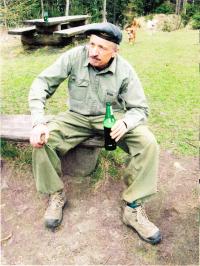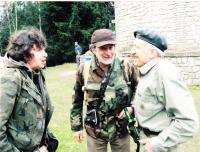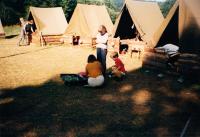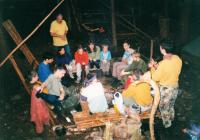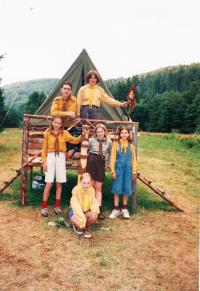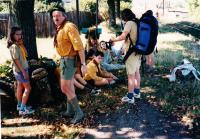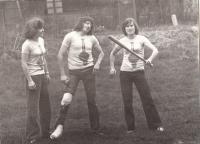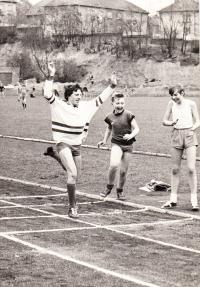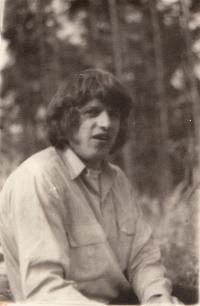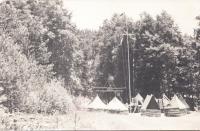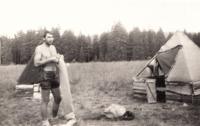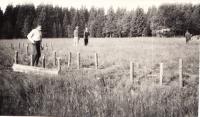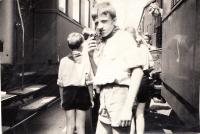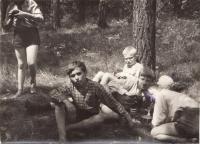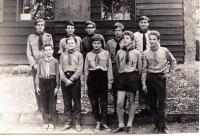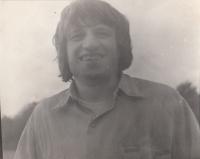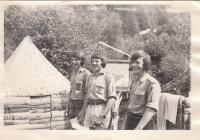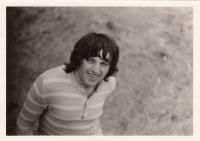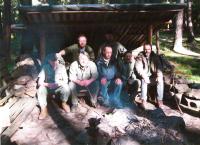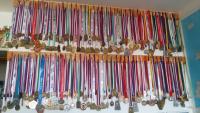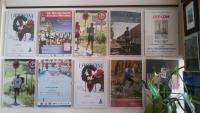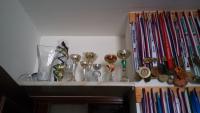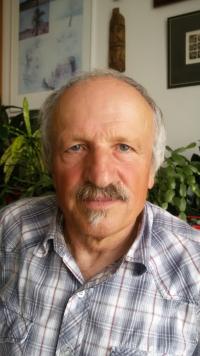You raised those bastards well, the stetsecs cursed at us at the illegal Scout camp

Stáhnout obrázek
Jaromír Holas was born on 11 November 1952 in Prague, into the family of an electrician. His father had grown up in a children‘s home managed by nuns, where he was imbued with a love for the Catholic faith and a strong anti-Bolshevik stance, in which he was raised. The witness was the only child in his class not to join the Pioneers, which made him an outside. In 1965 he joined the tourist group Psohlavi (Dogheads, named after a famous book by Alois Jirásek - trans.), which secretly functioned according to the tenets of pre-war Scouting. In 1968, when the Czech Scouting Movement was renewed, Jaromír Holas took his Scout vow and began working as a Scout adviser and then leader. During the normalisation, when Scouting was banned again, the Dogheads were pushed to join the Pioneers, which they refused. They hid under the auspices of Svazarm (an association of technical enthusiasts - trans.), later under SC Slavia Žižkov, where they survived in illegality until the revolution in 1989. The Dogheads had to endure ideological inspections, which they avoided by organising camps in Eastern Slovakia, near the Polish borders where no one checked on them. After the Velvet Revolution in November 1989, the witness established a new Scout troop, Triquetrum, and succeeded in grooming a successor. Jaromír Holas worked as an air conditioning assembler at Stavoservis. He had graduated from evening grammar school and wanted to continue his studies at the Faculty of Arts, but the only subject the regime would allow him to study was industrial economics. In 1979 he started a family and paused his Scouting activities for ten years. He worked as an economist at Stavoservis, at the Administration of State Material Reserves, and in insurance. His great hobbies are sports and bicycle touring, which he enjoys with his wife. The couple have cycled all over Europe and have won dozens of medals in various races. He is active in the University of the Third Age, where he studies European religious history. His life motto is: A true man is ever a pupil.
